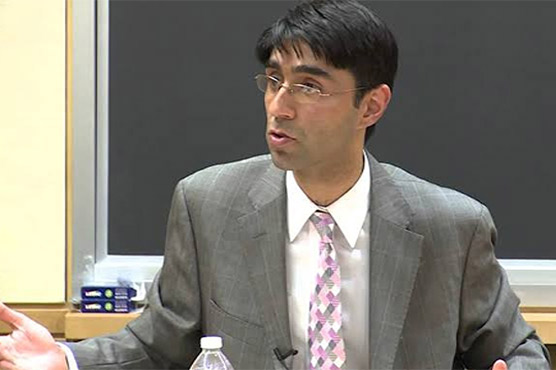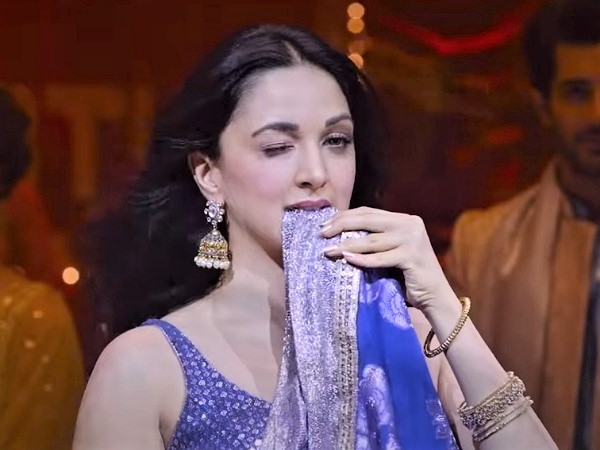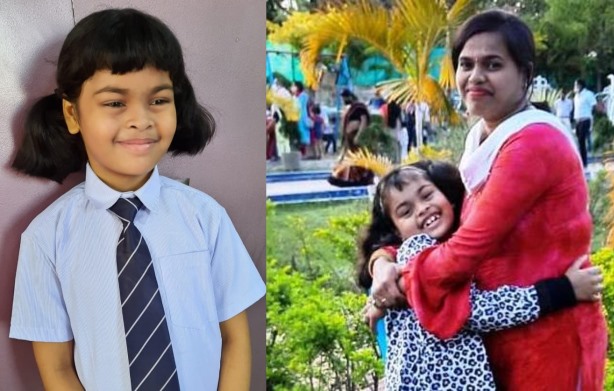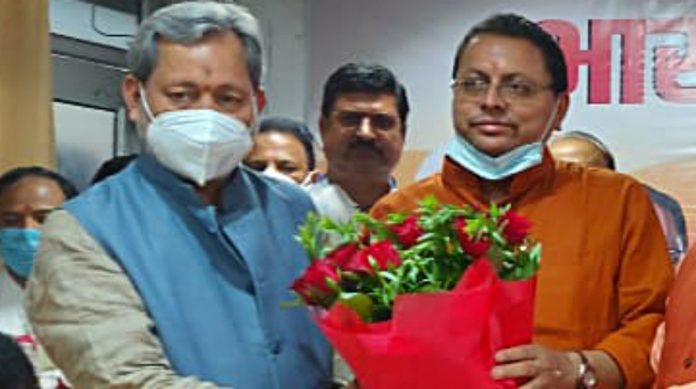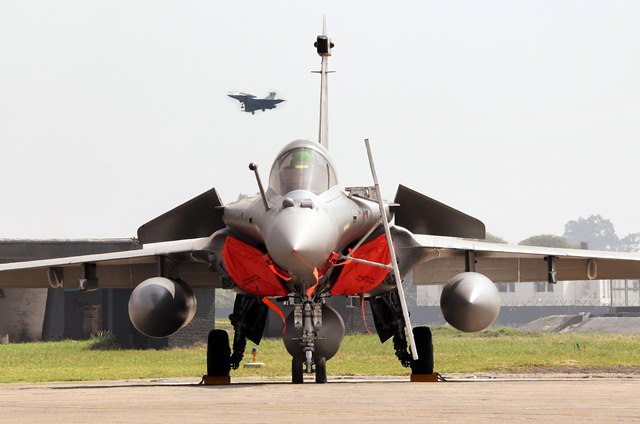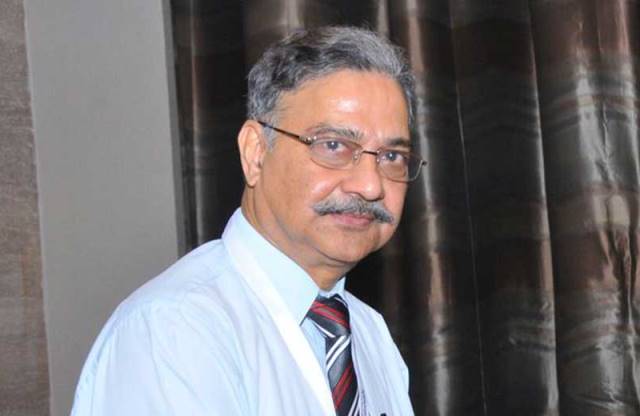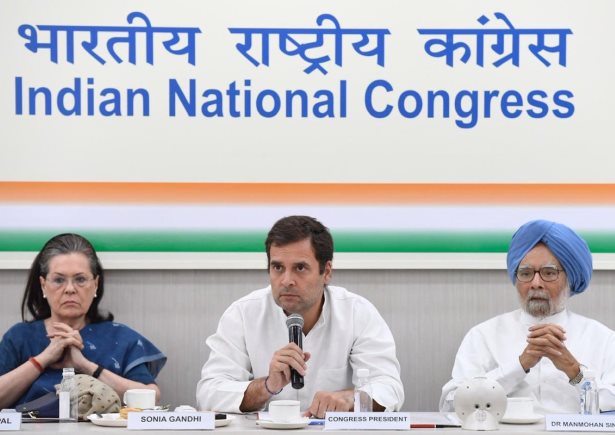India’s older intelligentsia last month went through the annual ritual of righteously, and rightly, recalling the Emergency that was imposed 46 years ago, impairing civil liberties, media freedom and right to political protest. But the flavor and tone were different this year.
Expectedly, the targets were Indira Gandhi, the prime minister who imposed it, and the Congress party. Feebly, very feebly, the party protested. While not defending the Emergency, it picked up enough courage to say that the current situation was equally bad, even worse. Lacking the necessary ballast, its voice was further muffled by a partisan media, and met with aggressive rebuttals from those in power who claim the sole right to play the victims and even martyrs.
Significantly, most other ‘victims’ now in the opposition, did not join either side. It betrayed their conflict and confusion about their role in the current situation. And, of course, their unwillingness to be seen either with an aggressive ruling Bharatiya Janata Party or with the Congress.
It is time to ask: can, or should this caution persist? Last month also witnessed hesitant moves at forging opposition unity that betrayed mutual distrust and a lack of direction. These tentative moves are obviously prompted by the electoral triumphs of regional parties, like the DMK in Tamil Nadu and by Trinamool Congress in West Bengal.
The economic stress and the misery heaped by the second wave of Covid-19 pandemic have contributed to disillusionment. Together, they have caused a psychological backlash. Look at the government’s handling of protests, terming some as sedition and its vocal denunciation by the judiciary. Look at the anger at the floating corpses on the holy Ganga. This is unprecedented, and not a result of the opposition’s foreign-made ‘toolkit.’
However, what could be a golden opportunity is being wasted, not just by the squabbling Congressmen, but also others fearful of the BJP’s dominant presence and aggressive implementation of its political agenda. Some like the Samajwadi and BSP are busy poaching each other’s workers and lawmakers. They have learnt little from the past and presently, the way the BJP poached from other parties, mostly to dump them. When it overdid that in West Bengal – a lot more was overdone, like a toxic, personalized campaign that boomeranged when Mamata Banerjee was individually abused – the reverse process began within weeks. The TMC turncoats want to return to it after winning on BJP tickets. This is unprecedented.
The biggest failure in taking advantage of this situation is of the Congress. In the party that led the country to its freedom, the family and the organization have become synonymous. Congressmen are unable/unwilling to even consider an alternative leader or a bunch of them. Why, organizational election itself is stalled for fear of the edifice falling apart. Covid-19 was cited as the reason the last time around.
The party could not keep its own government in Madhya Pradesh and pulled back allies from victory in Bihar. In the last round of elections, it failed to retain Kerala and Puducherry and to regain Assam. It scored a zero in West Bengal.
There is discernible disenchantment with the leadership at the top. Here, too, the voices are feeble. The Gandhis are unable to prevent internecine warfare and seem clueless about how to stem the rot and plug the leaks. Incumbent chief ministers are facing revolt from factions and ambitious youngsters.
Punjab has been a success story, but dissensions have emerged with elections due next year. Navjot Singh Sidhu, seen by many as more of a show-boy and a possible tool/proxy of god-knows-who, could quit if not ‘accommodated’. Ditto, Sachin Pilot in Rajasthan, who, however, has a better track record than Sidhu. Unsurprisingly, the BJP in Rajasthan and in Punjab, the Badals and Bahujan Samaj Party, besides AAP’s Kejriwal, are readying to demolish the two last Congress fortresses. The attitude of each party towards the continuing farmers’ agitation, drawing much of its sinew from Punjab, has made the situation more complex.
Despite all this, the Congress is seen as the pivot of any opposition unity move by the elderly Sharad Pawar and a young Tejashwi Yadav. It urgently needs to choose its own role and direction if it is to play any role that could lead to opposition unity. A national party it certainly is, but only if it can carry others along. Days of others rallying behind it are over, at least for now. An ailing Sonia Gandhi, formally still the Congress president, had wisely pulled that off in 2004. Can Rahul and/or Priyanka, with their dismal track record in elections, repeat that?
As BJP lords it over, deprecating the Congress ‘dynasty’, but not the other small and big ones in the opposition, there is a point to ponder. No political party is homogenous – it cannot be. When you take too many people from outside, you dilute your own organisation and your ideological mores (many don’t have). As a mass-based party, the Congress embraced all and sundry, since that was also its role during the freedom movement. But many left it to join the opposition while retaining the ‘Congress’ label, thus hurting the ‘parent’ party.
The BJP, on the other hand, is a party with a strong ideological mentor in the RSS. Embracing too many MPs and MLAs from elsewhere has caused it greater pain than, perhaps, the Congress. But then, Mr Amit Shah is playing realpolitik, taking a leaf from L K Advani’s book authored in the 1980s and 1990s. The pain is visible in West Bengal and other places could follow as time goes.
Talking of the 1990s, one misses Harkishan Singh Surjeet, the hands-on Marxist who rallied parties with diverse political platforms to forge coalitions that governed, however briefly. Now, Sharad Pawar has initiated the moves, tentative though they are. Not himself a chief minister, he reputedly runs a government of diverse parties in Maharashtra, a major state.
It will be some time and much effort before the Pawar-Mamata initiative gains momentum. Without subscribing to any one or collective platform, it needs stressing that a healthy democracy requires balancing. India needs, as a Hindi expression goes, “loha lohe ko katata hai” – you need iron to cut iron.
At stake is not just the healthy functioning of a multi-party system, but also federal relations, particularly when and where different parties are elected. The Constitution provides for a federal governance and a multi-cultural ethos. In this context, one fully agrees with what the Chief Justice of India, N V Ramana, recently said of greater checks and balances to make a democracy thrive.
It is not going to be easy. One hears of ‘files’ with the Union government, those that ensure silence of some of the opposition leading lights. On the other hand, the BJP is certainly growing strong in terms of men, money, media and muscle as the party in power. Finally, at its helm is Prime Minister Modi who, as sociologist-politico Yogendra Yadav rightly predicts, “will fight till the last”. Can the opposition prepare for the seven states that will have elections next year, before the Lok Sabha polls?
The writer can be reached at mahendraved07@gmail.com
